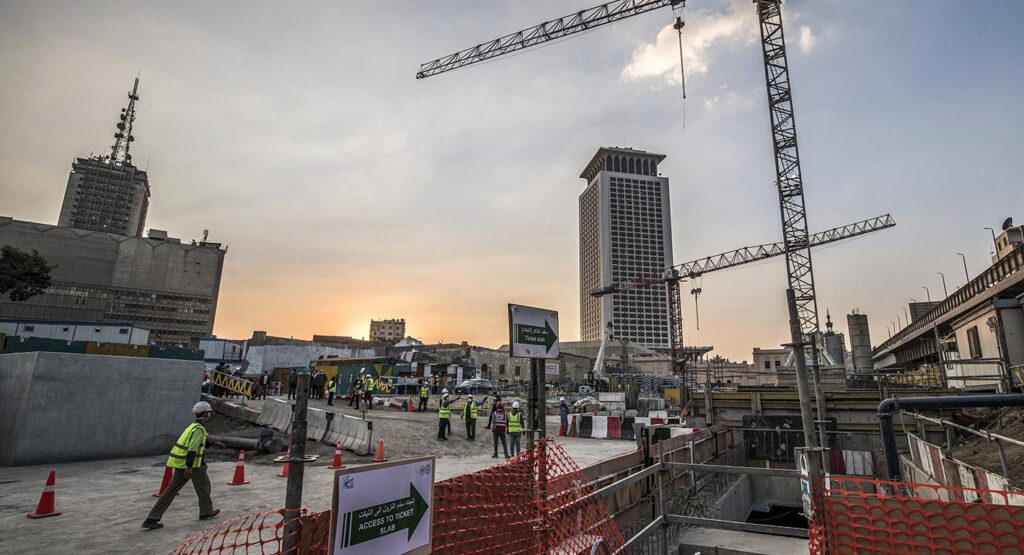The recent public release of the Egyptian government’s draft State Ownership Policy (SOP) in June 2022 has sparked questions regarding the potential inclusion of the military’s businesses and its overall economic role. The draft did not address this directly, prompting concerns about the coherence of the SOP without acknowledging continued military involvement, which could undermine the government’s economic goals. However, the official Memorandum of Economic and Financial Policies (MEFP) submitted to the International Monetary Fund (IMF) in November 2022 as part of a new loan agreement appeared to address these questions by subjecting military businesses to the same regulatory framework as the civilian public sector. The final SOP was amended to include “companies affiliated with the Armed Forces and operating in the economic sphere.”
The implications of these policies are significant, with the government asserting direct control over military companies. However, there are doubts about the government’s capacity to enforce these provisions effectively. Despite aligning the MEFP with the SOP, challenges remain in reconciling the military’s economic activities with the government’s objectives of leveling the playing field in various sectors.
The MEFP outlines measures for state-owned enterprises, including military companies, to enhance transparency, performance management, oversight, procurement practices, and tax obligations. While these measures aim to curb market rigging and violations, the military’s expansive economic activities pose a challenge to the effective implementation of these policies.
The military’s involvement in sectors not explicitly covered by the SOP, such as cement, automotive, and tourism, raises concerns about the scope of regulation. Omissions in real estate and the military’s control over lucrative projects further complicate efforts to regulate military involvement in the economy.
Legal and regulatory loopholes, unclear enforcement mechanisms, and the military’s resistance to divesting or reducing its stake in various sectors present obstacles to the successful implementation of the SOP and MEFP. Initiatives to restructure or divest military businesses are crucial, but political will and power are essential components for enforcing these reforms.
The lack of accountability and oversight in the military’s economic activities, coupled with its resistance to change, pose challenges to achieving the government’s economic goals. Despite the potential benefits of implementing the MEFP, the military’s entrenched role in the economy may hinder progress towards a more equitable economic landscape.
In conclusion, while the policies outlined in the SOP and MEFP have the potential to address economic challenges in Egypt, the military’s influence and resistance to reform present significant obstacles. Without strong political will and enforcement mechanisms, achieving meaningful change in the country’s economic landscape remains a complex and uncertain task.
